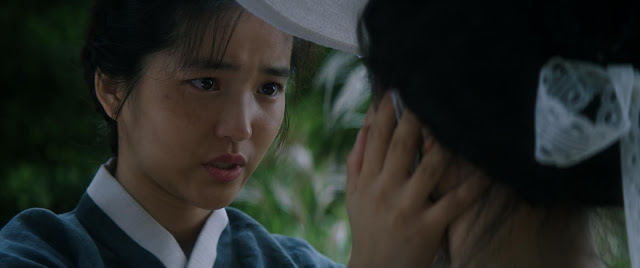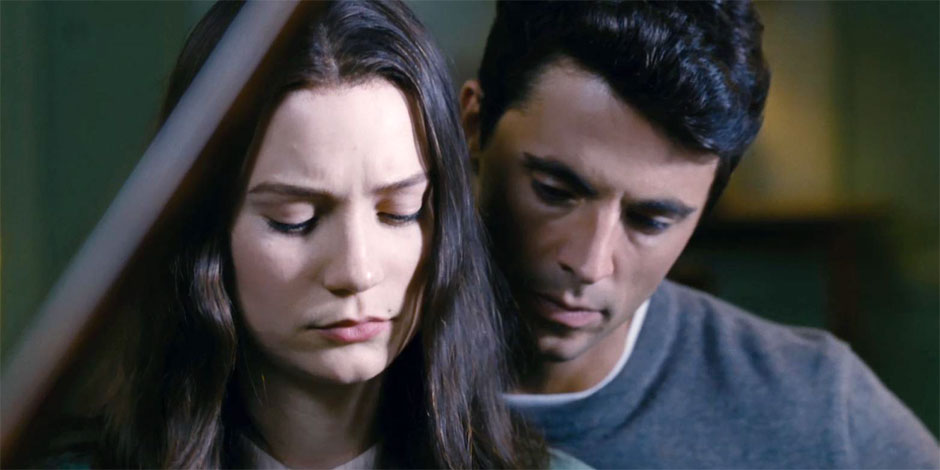Decision to Leave: Should He Stray or Should She Go?

He’s a good cop: smart, confident, decisive. He’s looking down at a fresh corpse on a coroner’s table, asking the right questions, making the proper deductions. But when the woman enters the room, he glances up from the body, and for a split second his breath catches in his throat, and his typically impassive countenance is replaced with astonishment. He recovers his poise quickly enough—after all, he’s a professional—but that single skipped beat of his heart foreshadows a future of desire and ruin. He isn’t in control anymore; she is.
This is an early scene from Park Chan-wook’s Decision to Leave, but it’s also the latest descendant in a long lineage of Meaningful Looks; it’s Fred MacMurray eyeing Barbara Stanwyck’s bare shoulders in Double Indemnity, and Jimmy Stewart staring across a restaurant at Kim Novak in Vertigo, and Russell Crowe watching Kim Basinger stroll into a liquor store in L.A. Confidential. It firmly plants the movie in the heightened universe of film noir, with its hot-blooded gumshoes and coolly captivating femme fatales, its furtive schemes and dastardly crimes. Yet because Park is an uncommonly gifted stylist, nothing about his thrilling new picture feels imitative or traditional. Noirs were always sexy, but they’ve never been quite this voluptuous. Read More


 [Note: The Manifesto has reviewed 89 different 2013 releases up to this point. Some were
[Note: The Manifesto has reviewed 89 different 2013 releases up to this point. Some were